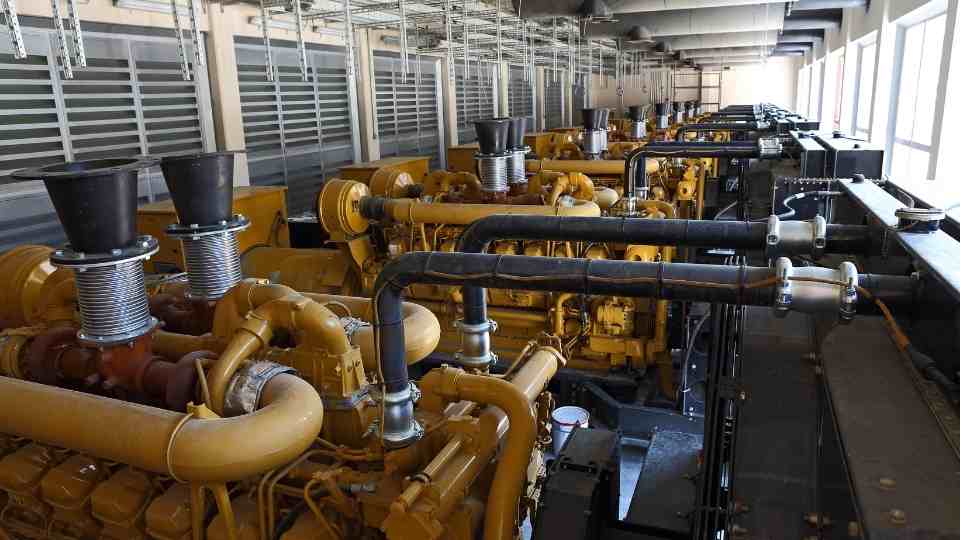Benefits of Reciprocating Engines in Power Generation
Many experts believe power plants constructed with reciprocating engines are the ideal complement to intermittent renewables. Recip plants are extremely flexible. Facilities can be sized for almost any use case; engines are highly reliable, provide quick start and stop capability, and can be run on a variety of liquid and gaseous fuels; units are very efficient (especially when incorporated into combined heat and power schemes) over a wide range of loads; and plants are relatively low cost and can be built quickly with minimal risks of delay.
Everyone in the power industry (and really in the world) is familiar with reciprocating engines. After all, they are what powers most vehicles that people drive or ride in every day. But reciprocating engines are not what comes to mind when most people think about electric power generation. The more typical power plant utilizes turbines to spin generators, driven by either steam or natural gas.
“Often customers have a long-standing turbine bias, and believe that a multi-engine plant will need dramatically more maintenance staff,” Jukka Lehtonen, vice president of Technology & Product Management with Wärtsilä Energy, told POWER, noting that a lack of familiarity with the technology is a hindrance to more widespread adoption. “In reality, operations and maintenance staffing for a recip plant is about the same as needed for a gas turbine plant of similar size.”
Beyond the manpower misconception, there are other things that people get wrong about recip plants. A lot of folks think reciprocating engines are prone to high emissions; after all, who hasn’t seen a diesel truck driving down the road with black smoke billowing out of the exhaust? However, original equipment manufacturers (OEMs) are keenly focused on that issue.
“The biggest concern of our customers nowadays is emissions, and especially finding solutions for reducing CO2 emissions,” said Dr. Tilman Tütken, MAN Energy Solutions’ head of Sales Power Plants, Europe. “Our engines are equipped with the latest emission-reduction equipment that keep emission levels at a minimum. Furthermore, they are also prepared for a CO2-neutral future as they are capable of running on synthetic fuels derived from renewable energy using Power-to-X technology. As an example, dual-fuel and gas engines will also be able to run on carbon-neutral, synthetic natural gas in the future without further technical adaptions, making them a future-proof investment for customers.”
Read the Full Article here.

